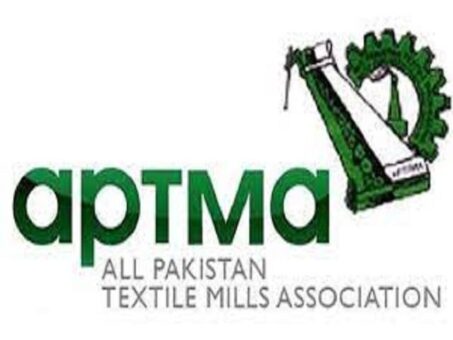KARACHI: Federation of Pakistan Chambers of Commerce and Industry (FPCCI) has suggested measures to boost exports of the country.
The apex trade body in its proposals for budget 2020/2021 suggested measures to improve exports.
The FPCCI said that if the proposals are implemented that those would create domestic demand suppression to promote investment– both local and foreign in exporting sector.
The apex trade body suggested following measures to improve exports:
i. Pakistan should formulate strategies to decrease dependence on traditional exports like textiles, leather, carpet, sports goods, stainless steel, surgical goods rice etc. There needs a shift in the composition of its exports that means promoting exports of high/ medium technology products whose participation in the world trade is increasing.
ii. Either Zero rated or on reduced rate (say) 6 percent or 9 percent should be allowed on all inputs of five export sectors including the Packaging materials or refunds claims be paid within the stipulated time period.
iii. To make Pakistan’s exports competitive in the international market, the exports be allowed 50 percent air freight subsidy from EDF.
iv. Support from the government should be provided to establish Showrooms and warehouses and exhibition areas in mega departmental stores.
v. Warehouses be established at borders of neighboring countries.
vi. Land routes to the neighboring countries (Iran & Afghanistan) should be strictly controlled to stop smuggling.
vii. The prevailing non-tariff barriers have restrained the volume of Pakistan’s exports to China and EU. Pakistani exporters are facing non-tariff barriers in safety and quality standards under the sanitary and phytosanitary (SPS) agreement. Sanitary and phytosanitary measures apply to trading commodities.
viii. The importance of research cannot be neglected in today’s fast-changing world. Especially in high technology products, the need for research and development is to a greater extent. It will make the government more efficient in terms of production up-gradation and opportunities that arise from increasing technological export base. The relations between research institutions and the firms should be established and firmed.
ix. All steps including increase in acreage under cotton crop, quality seed development and removal of weeds and eliminating of insects need to be adopted in this connection.
x. To enhance the subsidized credit for exporters on higher interest rates.
xi. To lower the imports tariff rates on the basis of cascading allowing effective protection rate to local industries – import substitution and export oriented – as per WTO agreement.
xii. To enhance credit limit to SMEs to encourage the value chain of exports.
xiii. There is a need of improving the export strategy to ensure sustainable growth and the role of fiscal responsibility to avoid recurrent external account crises.
xiv. There is also a need of shifting from inward orientation to an outward looking economy as it puts a greater emphasis on exports to achieve high and sustainable growth. Moreover, different contours of an export oriented strategy that Pakistan should adopt in order to remain competitive in international market especially with regards to countries like India and Bangladesh.
xv. Pakistan needs to penetrate the global synthetic products market which have overtaken cotton as synthetic / MMF, particularly polyester fibre (PSF) has substantially replaced cotton based fibre production. But Pakistan still lag behind MMF based production as a result is limiting itself to only some products.






